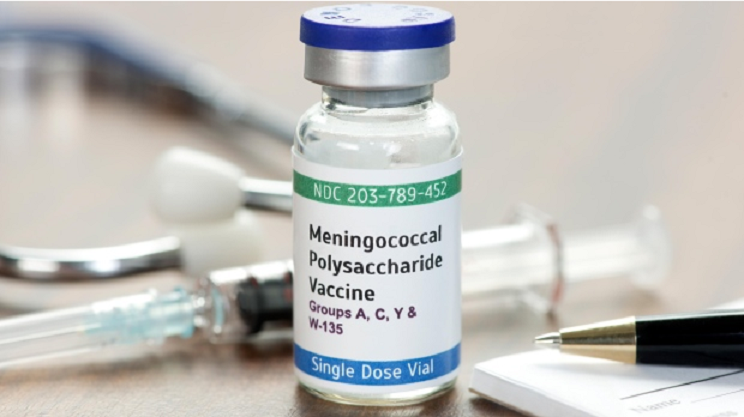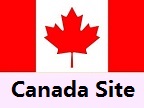|
|
FILE- A vaccine for meningococcal disease is seen in this undated photo. (Sherry Yates/Science Photo Library/AP/CNN)
Toronto is reporting a meningococcal disease outbreak which has left one person dead and two others infected with the bacterial infection.
The three cases are individuals between 20 and 30 years old who began experiencing symptoms between July 15-17, according to a news release from Toronto Public Health (TPH) on Thursday. The health unit says the infected individuals were born outside of Canada, in countries that don't provide childhood immunization against the disease. |
The ADs on this page are posted by Affiliate of corresponding companies (not their employee)
|
|
It is unknown where the infected individuals were born.
“TPH has not been able to identify a link between these cases. All three individuals have recently been confirmed to have the same rare strain of serogroup C meningococcal disease,” the release reads. Most invasive meningococcal infections are associated with a bacteria called Neisseria meningitidis, which causes an infection to the lining of the brain, spinal cord and bloodstream. “People spread meningococcal bacteria to other people by sharing respiratory and throat secretions (saliva or spit). Generally, it takes close or lengthy contact to spread these bacteria,” TPH says. More specifically, the infection can be spread by kissing, coughing, and sharing common items such as eating utensils, cups, cigarettes, and musical instruments. Symptoms of the infection include a fever, aches, joint pain, headache, stiff neck and photophobia. The disease is known to progress quickly and complications include low blood pressure, seizures, loss of hearing, amputations, brain damage or death. The bacterial infection is relatively rare in Toronto since there are routine vaccinations available for residents. "So most people will be immunized both around one year of age and again in high school. So that we know most students in Toronto will have received the vaccine. And we're concerned about anyone who hasn't received the vaccine either because they were not immunized here, or because they came from a country where vaccine is not routinely available," Dr. Rita Shahin told CP24 Thursday morning. |
TPH is encouraging adults between 20 and 36 years old to get the meningococcal disease vaccine as soon as possible if they have not done so yet.
The vaccines are 97 per cent effective in infants within one year of vaccination and effectiveness decreases to 68 per cent after one year, according to TPH.
Shahin says most people immunized against the disease will not develop any symptoms.
The health unit says it is monitoring vaccine demand and is “actively exploring additional vaccination channels.”
TPH added that the last outbreak it is aware of occurred in 2001, when there were six reported cases and two deaths.
More information on the disease can be found on the city's website.
The vaccines are 97 per cent effective in infants within one year of vaccination and effectiveness decreases to 68 per cent after one year, according to TPH.
Shahin says most people immunized against the disease will not develop any symptoms.
The health unit says it is monitoring vaccine demand and is “actively exploring additional vaccination channels.”
TPH added that the last outbreak it is aware of occurred in 2001, when there were six reported cases and two deaths.
More information on the disease can be found on the city's website.
|
--------ADVERTISEMENT--------
|
TIPs: Retail Item prices & shipping costs for the same products may differ among different countries. Price comparison is suggested.
New experience! Shopping around different countries, while sitting at home.
New experience! Shopping around different countries, while sitting at home.













